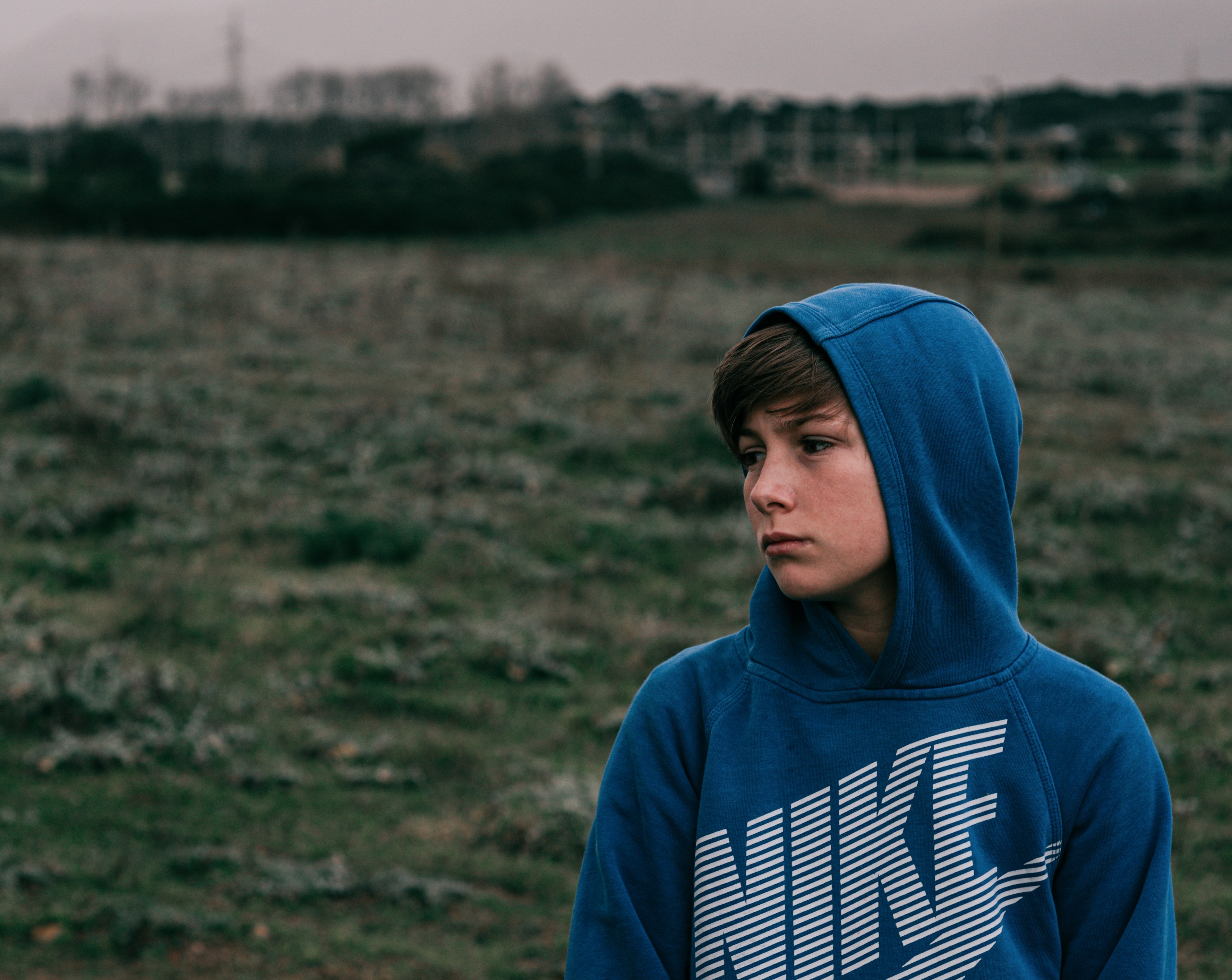What Should I Do If My Teenager Is Using Marijuana?


Marijuana use can lead to addiction and other various consequences, especially in teenagers. Contact The Forge today to see how we can help!
As more and more states in the US hop on the bandwagon to legalize marijuana, a growing sense of concern has been noted among parents of teenagers. Many young men and women do not recognize marijuana as an addictive substance simply because it comes from a natural plant.
Another reason why marijuana use is not a cause of concern for many is often expressed as a question: if it’s safe enough to be prescribed for specific medical conditions, how can it have any adverse effects on health?
To understand why parental control is necessary when it comes to marijuana use in teenagers, it is first essential to know exactly how marijuana works, what it does to the brain, and what it’s made of.
How Does the Human Brain Work?
As parents, we often don’t waste a moment panicking or jumping to the worst of conclusions, especially when it concerns our teenagers. The correct information at the right time can save you a great deal of panic and help you reason when the time comes for you to take charge.
Learning more about the human brain can help you understand how certain substances can affect how cells communicate with one another. A few facts about the brain include:
It takes approximately 25 years for the human brain to fully develop.
A human child is born with nearly 100 million neurons or brain cells, and this number remains roughly the same for the next two and a half decades.
The communication between neurons in the brain and those in the nervous system is constantly being wired and rewired until the organ develops fully.
A number of factors can influence the way this neuron wiring takes place. These include genetics, childhood trauma, the environment in which the child grows up, the interaction they have with parents, teachers, friends and caregivers, music, and the overall experiences and events they witnessed growing up.
Even though the brain fully develops at around age 25, it undergoes radical changes during puberty. The area of the brain that most of these changes are seen in is the prefrontal cortex.
The onset of puberty combined with the different changes that the prefrontal cortex undergoes makes the neuron communications and wiring vulnerable to becoming influenced by marijuana use.
How Does Marijuana Affect the Brain?
The human brain is just as vulnerable to marijuana as any other addictive substance – drugs and alcohol included. A few scientific facts that will help you get a better idea of the supposedly “harmless” marijuana and the effects it has on the brain include:
Even though it is grown naturally, frequent marijuana use can and will alter the electrochemical signaling process of the brain.
The concern lies less in the fact that marijuana is produced naturally and has medicinal value and more in the fact that it contains a psychoactive constituent known as THC or Tetrahydrocannabinol.
The median lethal dose of THC in humans remains unknown and undetermined.
Exposure to marijuana during puberty and adolescence can make an individual more vulnerable to developing marijuana use disorder later in life.
The THC in marijuana can influence the way neurons get wired in the brain and nervous system and how they communicate with each other using electrochemical signals, especially when used during the teenage years before the brain fully matures.
When Should You Start Worrying?
When it comes to addictive substances, it is usually better to start worrying and take action as early as possible. Worrying, however, does not mean that you should panic and seize the very next moment to have “the talk” with your teenager. How you approach the situation can determine whether you can succeed in positively influencing your child.
Make sure you have all the information you need before speaking to your teenager. The current culture dictates that it is relatively safe to use marijuana for recreational purposes, so make sure you do your research to make your points heard.
If you are unsure of whether you will be able to talk your teen out of marijuana usage, you can speak to an expert or behavioral specialist to help you approach the situation in a better, more informed, and more effective way.
Marijuana continues to remain a prominent subject of studies and research around the world. While it may have several benefits, there is no denying that marijuana is indeed an addictive substance. If your child is using it regularly, especially before their brain has reached full maturity and development, you have every right, and you are within reason to be concerned.
As marijuana continues to be legalized across the US, more and more teens are using the drug. While many people think marijuana is harmless, it can lead to several adverse effects, especially in teens. As a parent, you may feel worried and heartbroken. Fortunately, you are not alone.
At The Forge Recovery Center, we are here to help you, from raising awareness regarding different addictive substances to lending a hand when you need to approach a family member with a confrontation or healthy discussion. We believe that the sooner a problem is detected and recognized, the easier will be the road to recovery.
To learn more about marijuana and the effects it has on the developing brain, call The Forge today.
Are You Struggling with Mental Health or Addiction?
We Can Help. Call Us Now!
CALL: 877-839-1772





